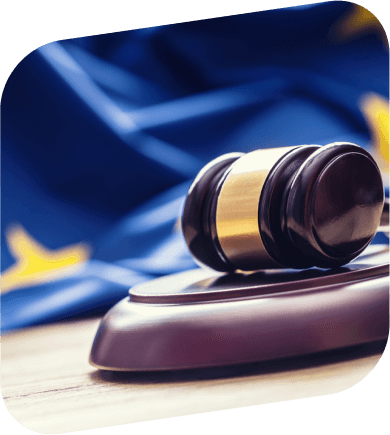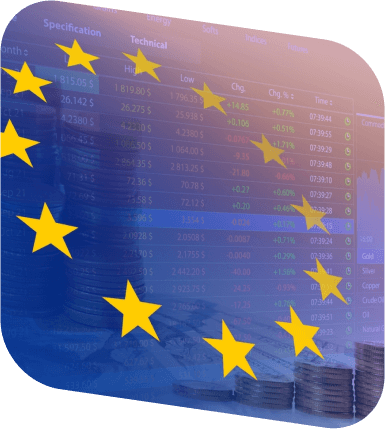The EU Whistleblower Directive, officially known as Directive (EU) 2019/1937, is a legal framework enacted by the European Union to protect whistleblowers across its member states. The directive was adopted by the European Parliament and the Council of the European Union on October 23, 2019, and member states were required to implement it into their national laws by December 17, 2021


The purpose of the EU Whistleblower Directive is to establish a minimum standard for the protection of whistleblowers who report breaches of EU law in various sectors, including public procurement, financial services, product safety, environmental protection, and public health. The directive aims to encourage individuals to report wrongdoing by providing them with legal protection against retaliation.
Key features of the EU Whistleblower Directive include
Scope
The directive applies to a wide range of sectors, including public and private sectors, as well as non-profit organizations.
Definition of Whistleblower
The directive defines a whistleblower as someone who reports information about breaches of EU law that they have acquired in a work-related context.
Protection Measures
Whistleblowers are protected from retaliation, such as dismissal, demotion, and other forms of harassment. They also have the right to legal remedies if they experience retaliation.
Internal Reporting Channels
Employers are required to establish internal reporting channels and procedures for receiving and handling reports of breaches. Whistleblowers are encouraged to report internally first, but they can also report directly to competent authorities if internal channels do not address the issue or if the breach represents a serious threat to the public interest.
Confidentiality
Whistleblowers’ identities are protected, and their confidentiality is ensured. Only those individuals authorized to handle the reports have access to the whistleblower’s identity.
Penalties and Sanctions
Member states are required to establish effective, proportionate, and dissuasive penalties for individuals and legal entities that attempt to obstruct reporting or retaliate against whistleblowers.




Contact Us Today
Contact us today for your needs regarding the EU Whistleblower Directive.

